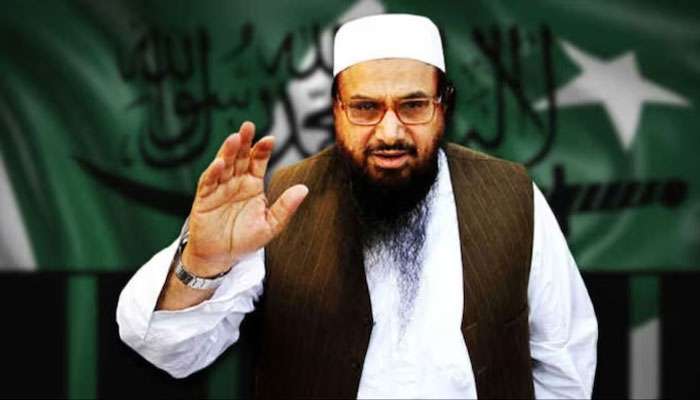India has reiterated its firm stance on cross-border terrorism, asserting that Operation Sindoor is “not over” and renewing its demand for Pakistan to hand over wanted terrorist Hafiz Saeed, the mastermind of the 2008 Mumbai attacks. The statement, made by a senior Indian envoy, underscores New Delhi’s unwavering commitment to its counter-terrorism campaign and marks a new escalation in India-Pakistan relations.
The strong message came during a high-level diplomatic briefing where India outlined the progress and next steps of Operation Sindoor, a military and intelligence-driven initiative aimed at neutralizing terror infrastructure operating from Pakistani territory. Launched in early 2024, the operation has seen the elimination and capture of several high-value targets linked to terror outfits such as Lashkar-e-Taiba (LeT) and Jaish-e-Mohammed (JeM).
“Operation Sindoor is far from over. This is a continuing mission until every individual responsible for spreading terror in India is brought to justice, including Hafiz Saeed,” said the Indian envoy, who addressed the media on condition of anonymity due to diplomatic protocols. “We expect Pakistan to demonstrate sincerity in its international commitments by handing over Saeed without delay.”
The envoy’s remarks reflect growing frustration within India over Pakistan’s perceived inaction against key terror figures. Despite international pressure and UN Security Council sanctions, Hafiz Saeed, founder of LeT and a designated global terrorist, continues to evade meaningful prosecution in Pakistan. He remains a polarizing figure, often protected by legal loopholes and political patronage in the country.
India’s renewed demand comes at a time when Pakistan is facing mounting scrutiny from global watchdogs like the Financial Action Task Force (FATF), which continues to monitor Islamabad’s efforts in combating terror financing. Experts suggest that non-compliance in cases like Saeed’s could hamper Pakistan’s attempts to stabilize its economy and restore diplomatic credibility.
Security analysts believe that Operation Sindoor has shifted the regional counter-terrorism narrative, allowing India to leverage both hard and soft power in addressing long-standing security threats. The Indian military, in collaboration with intelligence agencies, has adopted a more assertive posture along the Line of Control and within Jammu and Kashmir, targeting not only militant camps but also financial and logistical networks.
Meanwhile, international reactions to the Indian envoy’s statement have been largely supportive. The United States and France, both victims of cross-border terrorism in different contexts, have echoed the call for accountability and urged Pakistan to act decisively against terror leaders sheltered within its borders.
Conclusion
India’s declaration that Operation Sindoor is ongoing sends a clear message to both domestic and international audiences: the fight against cross-border terrorism will persist until full justice is served. By directly naming Hafiz Saeed and calling on Pakistan to act, New Delhi has reaffirmed its strategic priorities and increased pressure on Islamabad to fulfill its counter-terrorism obligations. Whether Pakistan will respond remains uncertain, but the geopolitical stakes are now undeniably higher.



